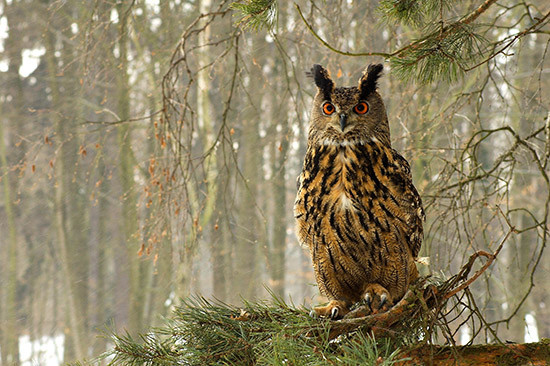Current Section: model

Lesson Combatting Superstition Within Oneself
Before Islam, Arabs, as well as other peoples at the time, would believe common myths, legends, and superstitions that spread around the world and no one was spared from them. The Arabs even claimed in the beginning that the Holy Qur’an is a collection of legends or wizardry.
When Islam came with its light and guidance, it freed the mind from being influenced by such myths, legends, and illusions through legislation. It placed regulations that ensured the soundness of mind and spirit and ensured attachment to Allah alone and nothing else. This includes:
Combatting magic and sorcery:
Islam prohibited magic, sorcery, and witchcraft of all kinds, considering them tantamount to associating a partner with Allah and misguidance. It informs us that the magician will neither succeed in this world nor the hereafter. Thus, the Almighty said: {And the magician will not succeed wherever he is.} (Taha:69).
It is also forbidden for a Muslim to go to magicians and sorcerers and ask them questions and seek healing or treatment from them, and it describes those who do so as disbelievers in what was revealed to the Messenger of Allah ﷺ. This is because benefit and harm are in the hands of Allah, and only He knows the unseen. The Messenger ﷺ said: “Whoever goes to a fortune-teller or soothsayer and believes what they tell him has disbelieved in what was revealed to Muhammad (may the peace and blessings of Allah be upon him)” (Al-Hakim: 15).
Benefit and harm are in Allah's hands
Allah Almighty made it clear that all of creation, including humans, jinn, trees, rocks, and planets, however great they are, are only signs indicating the splendor of His creation, Glory be to Him. No human being possesses supernatural powers affecting the universe. Creation, commandment, power, and management are dictated by Allah. As Allah says in the Qur'an {Unquestionably, to Him belong creation and the command; blessed is Allah, Lord of the worlds.} (Al-A’raf:54).
And whoever contemplates the greatness of those creatures and the detail and accuracy of how they are made will realize that the Creator is the Lord Almighty to whom alone all forms of worship are directed. He is the Creator, and everything else is created. As Allah says in the Qur'an: {And of His signs are the night and day and the sun and moon. Do not prostrate to the sun or the moon. Rather, prostrate to Allah, who created them, if it should be Him that you worship} (Fussilat: 37).
No one knows the unseen and the future except Allah
Allah Almighty informs us that only He knows the unseen and the future. Whoever claims to know the unseen from fortune tellers and sorcerers is a liar. As Allah Almighty said: {And with Him are the keys to the unseen that only He knows} (Al-An’am:59).
Rather, the best of creation and the most honorable of them, the Messenger of Allah (may the peace and blessings of Allah be upon him) could neither bring harm nor benefit. He did not have knowledge of the unseen and the future, so what of someone who is below him in honor and status? The Almighty said: {Say, "I hold not for myself [the power of] benefit or harm, except what Allah has willed. And if I knew the unseen, I could have acquired much wealth, and no harm would have touched me. I am not except a warner and a bringer of good tidings to a people who believe."} (Al-A’raf:188).
The prohibition of pessimism and bad omens
Islam forbids taking things as bad omens in a pessimistic way, such as colors, sayings, and so on. Instead, it promotes an optimistic and positive outlook toward the future.
An example of a bad omen: If a person pessimistic about his journey saw or heard a specific kind of bird at the start of his trip would cut his travel short and return him. The Prophet ﷺ said, "Taking evil omens is polytheism." (Abu Dawud 391, Ibn Majah 3538). That is because it contradicts a Muslim's firm belief that Allah manages the universe, and He alone knows the unseen. Therefore, Islam forbids pessimism and the expectation of evil just by seeing or hearing some bird or animal.

On the other hand, Islam enjoins optimism, choosing optimistic words, anticipating goodness, having the best opinion of Allah. The Prophet ﷺ used to say: "I love a good omen: a good word, a kind word"(Bukhari: 5776, Muslim: 2224).


